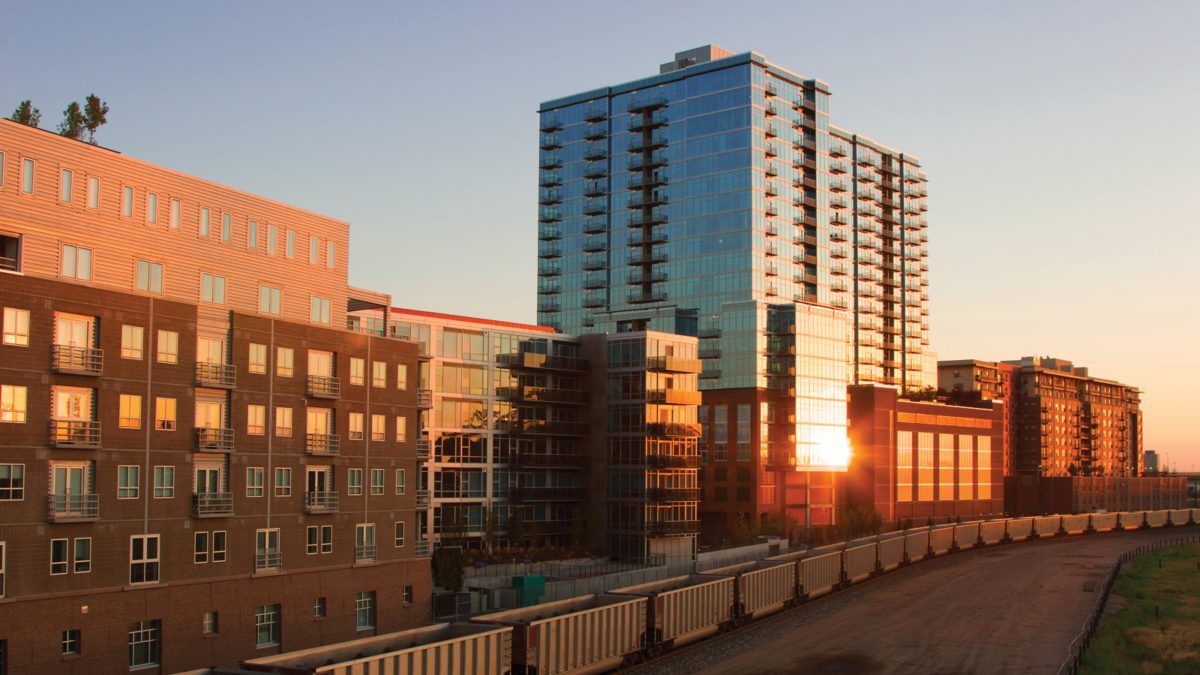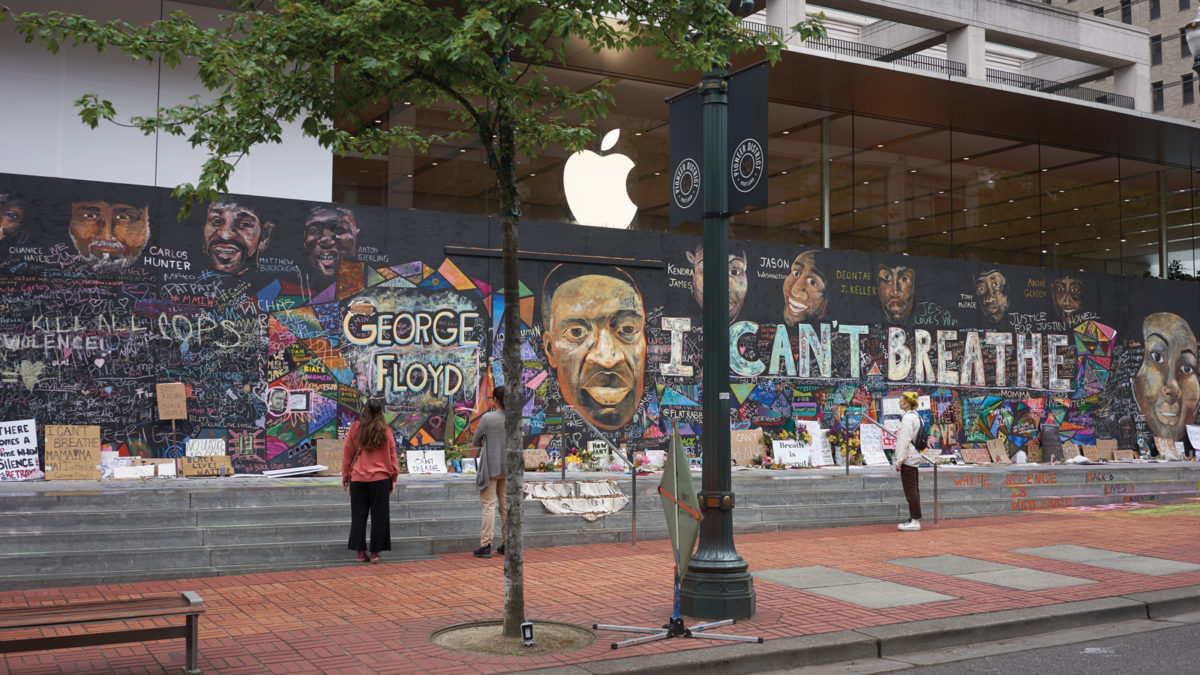
Know Their Names
A Memorial for the Fallen
November 2021
Download This Article (.pdf)
In response to the dozens of Black Americans whose lives have been taken or destroyed at the hands of reckless police officers, it is time to pay homage beyond rallies and funeral services. It is time for America to create a “Memorial for the Fallen,” just like the memorials for World War II casualties and for victims of violence in Riverside, California. This memorial will serve the dual purpose of acknowledging the lost lives of Black people at the hands of police officers and providing a space where Americans can gather and grieve.
Why We Build Memorials
Memorials serve as reminders of specific historical and, at times, tragic events that have caused large groups of people to lose their lives. Memorials are a physical place for people to mourn and process their pain. Ten years after the Vietnam War ended, we erected a memorial to honor those who fought and lost their lives. Within hours of George Floyd’s murder, a makeshift memorial was created outside of Cup Foods. These physical commemorations create a sanctuary for individuals to honor others who have gone before.
But it is bigger than that. Memorials force us to recognize the significance of these events and these lives. They validate the cause for which they stand. From my perspective, anyone who argues against having a Memorial for the Fallen unveils their racism. Do they feel the same about memorials for other victims? Or is it because this memorial will confront police violence and challenge systemic racism?
NPR reported that since 2015, police have fatally shot a minimum of 135 unarmed Black men and women in the United States.1 That means at least 135 families have been irrevocably damaged, 135 people are missing from the dinner table, and 135 human beings no longer walk this Earth because police officers trained and paid by taxes collected from Black people have acted out against us. A memorial will affirm that the lives of the Fallen and their loved ones matter.
A memorial will also begin the healing process and ease the waves of resistance that are occurring in marches in our streets. The process required to build a memorial—crafting the RFPs, choosing the sculpture artist, and so on—will be a time and place for conversations around racism and injustice with the undertone that we are finally moving the needle.
Letting the Light In
Like other memorials, the names of the Fallen will be etched in stone. And, when other lives inevitably are lost and they join the Fallen, their names will be added to the memorial, serving as a reminder that police officers’ taking of Black lives is not a new story. Hopefully, there will come a time when we etch the last name into the memorial, and we move forward.
As a Black woman, I affirm that a memorial will send a big message to those in pain—a signal that the lost lives of my brothers and sisters will not be forgotten and that their deaths were not without purpose as the country builds a memorial in their honor. A memorial squarely upholds Dr. King’s teachings: “Returning hate for hate multiplies hate, adding deeper darkness to a night already devoid of stars. Darkness cannot drive out darkness; only light can do that. Hate cannot drive out hate; only love can do that.”2
These nights recently have become devoid of stars as we continue facing the COVID-19 pandemic and the equally dangerous pandemic of police violence against Black people. A memorial will be the type of “light” that Dr. King refers to. It will be a validation of the problem and a step toward fixing it—a monument created with the type of love that can actually drive out some of this hate. 
Notes
1. Thompson, “Fatal Police Shootings of Unarmed Black People Reveal Troubling Patterns,” NPR (Jan. 25, 2021), https://www.npr.org/2021/01/25/956177021/fatal-police-shootings-of-unarmed-black-people-reveal-troubling-patterns.
2. King Jr., “Loving Your Enemies” sermon, Dexter Avenue Baptist Church, Montgomery, Ala. (Nov. 17, 1957), audio available at https://www.gardnerkansas.gov/Home/Components/News/News/684/72.
As a Black woman, I affirm that a memorial will send a big message to those in pain—a signal that the lost lives of my brothers and sisters will not be forgotten and that their deaths were not without purpose as the country builds
a memorial in their honor.


